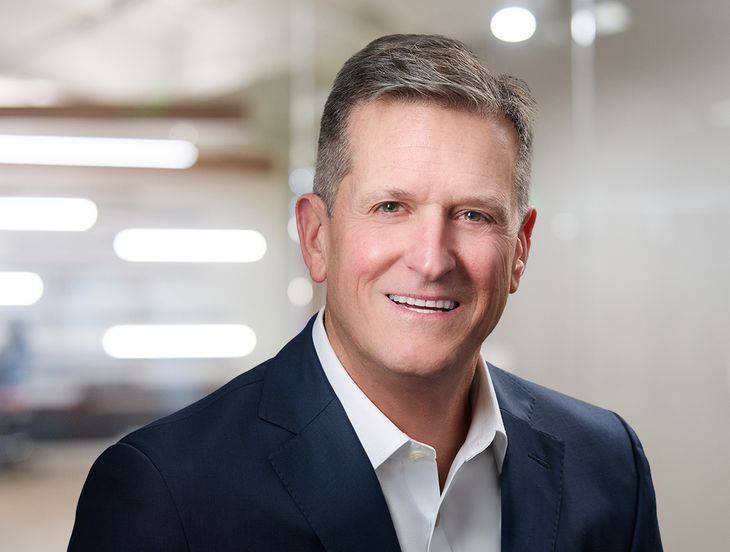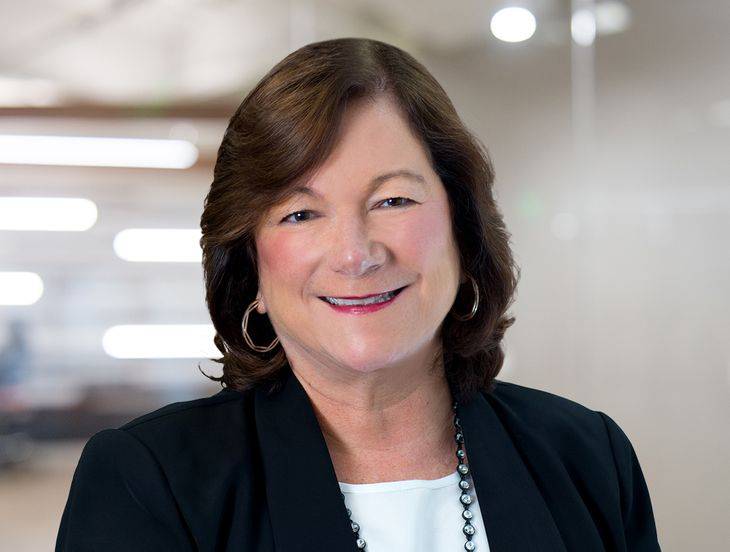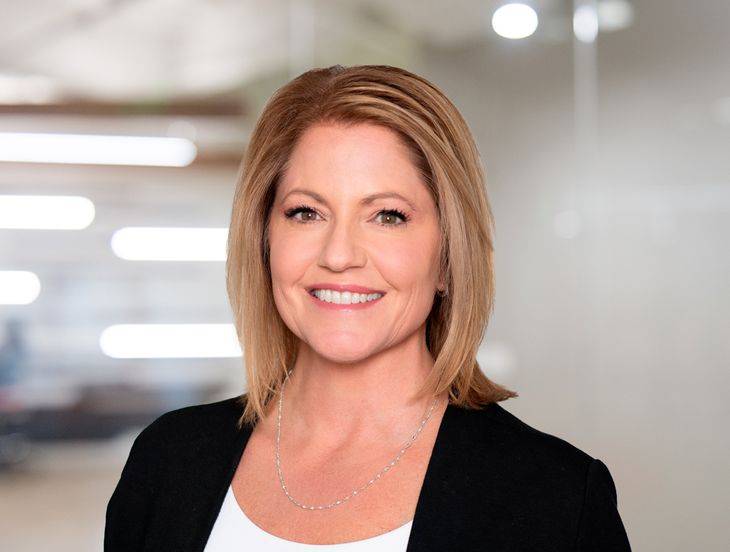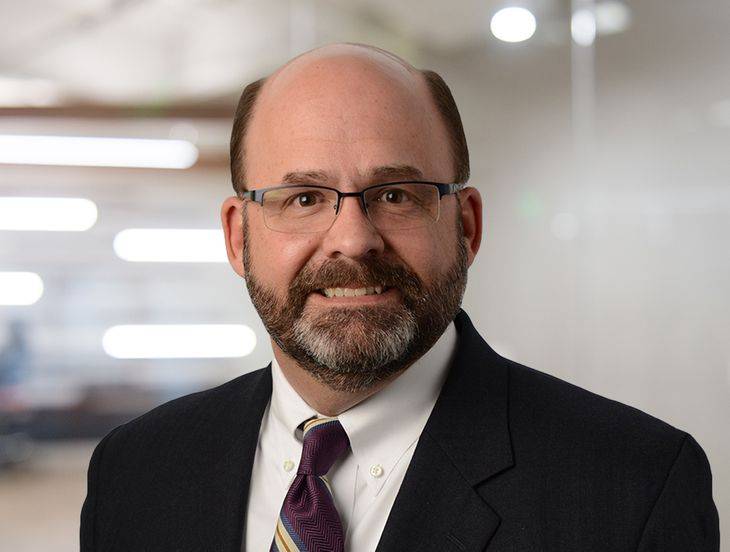Trump Shocks Employers by Tapping Chavez-DeRemer for Secretary of Labor: The 10 Things Employers Can Expect
Insights
11.25.24
President-elect Trump surprised the business community on Friday night when he announced Lori Chavez-DeRemer as his nominee to lead the U.S. Department of Labor. Her selection was met by skepticism by some in the employer community because she was one of only three Republicans to co-sponsor the controversial PRO Act this past July, a bill containing a proverbial wish list of pro-union initiatives. The fact that the Teamsters President publicly supported Chavez-DeRemer’s nomination last week further casts her as an outside-the-lines pick. Still, we expect her to largely carry out many of the employer-friendly initiatives you’d expect from a Republican appointment if she’s approved by the Senate. What are the 10 things employers should know about this surprising selection and how she might impact your workplace?
- She Understands Small Businesses
After growing up in the San Joaquin Valley and earning a business administration degree from Fresno State, Chavez-DeRemer founded an anesthesia management company with her husband in Oregon. She began her public service career in 2002, winning a seat on the Happy Valley City Council and becoming Council President. In 2010, she was elected Mayor of Happy Valley, a suburb of Portland, OR. After two failed attempts, she won Oregon’s 5th district Congressional seat in 2022. During a single term in Congress, she served on the Committee on Education and the Workforce and held several workplace-related subcommittee assignments. She just narrowly lost her reelection bid – but appears poised to return to D.C. in a much different capacity. - Appeal to Unions
The daughter of a Teamster, Chavez-DeRemer has always positioned herself as a supporter of unions and labor rights. Besides co-sponsoring the PRO Act, she also co-sponsored a bill to make it easier for public safety workers to collectively bargain. It might surprise some to learn that she earned the endorsement of several unions, an especially rare feat in deep-blue Oregon. This makes her perhaps the best possible selection that unions, labor, and worker advocates could have hoped for – especially as most everyone was expecting a nominee who with a strong pro-business history that would assuredly even the playing field back out after four years of labor-friendly policy. Despite her labor leanings, the AFL-CIO scored her as a having 10% rating when it comes to her Congressional track record of “voting with working people,” only slightly better that the national 6% Republican average. - Business Community Will Treat Her Nomination With Cautious Curiosity
Despite her pro-labor background, our Government Relations team does not expect to see a major move to oppose her nomination by business groups and employer organizations. Despite some inevitable grumblings, we would be surprised to see the business community make a concerted push to reject this confirmation. In fact, we expect at least a few moderate Democrat Senators to vote in favor of her nomination unless an unexpected bump in the road emerges. - PRO Act Won’t Come Close to Passing
Given that Trump won a sizable number of votes from union workers this past election, this selection appears to be a way of repaying their support and demonstrating this administration’s focus on the working class. Still, while incoming leadership may not look like a typical GOP administration, we don’t expect Chavez-DeRemer’s nomination to move the needle much when it comes to actual labor policy. In fact, our Labor Relations team leaders still say that the PRO Act is DOA in a Republican Congress, and remind employers that the Department of Labor has little to say when it comes to traditional labor law and union-employer relations. - Renewed Overtime Rule – But Not as Dramatic
But where can the Secretary of Labor have a huge impact? Wage and hour law is at the top of the list, and the overtime rule is front and center. We’ll spare you the full backstory (which you can read here) but most employers know that a federal judge just blocked the OT rule from taking full effect on January 1 – and that the salary threshold remains at $35K. Our Wage and Hour Group leaders had expected a Trump DOL to scrap or dramatically scale back the new salary threshold – but Chavez-DeRemer’s nomination changes the equation a bit. We now think it likely that the DOL will introduce a rule to increase the salary threshold to somewhere in the $44K range (at around the same level set by Phase One of the Biden OT rule) sometime in 2025 or 2026. - Minimum Wage Hike is More of a Longshot
While the DOL cannot alter the federal minimum wage (which has remained at $7.25/hour for the past 15 years), the Secretary of Labor can certainly champion an increase and put pressure on Congress to do so. Trump said that he looks forward to working with Chavez-DeRemer “to grow wages” – but that appears more of an aspirational statement than a concrete policy position. Our Wage and Hour Group leaders believe the Trump administration will leave minimum wage to the states. Or perhaps there’s a longshot chance he and Chavez-DeRemer will work with Congress for a more modest increase – but nowhere near the $15/hour that many labor leaders push for. - Independent Contractor Rule Will Be Real Litmus Test
One of the key policy decisions employers will be eyeing with interest is Chavez-DeRemer’s action on the federal independent contractor test. Earlier this year, the Biden DOL rescinded a Trump-era rule and made it harder for businesses to classify workers as contractors. Most everyone expected the Trump administration to swing back in favor of a more flexible test that would give some more breathing room for businesses. But Chavez-DeRemer’s nomination puts that in doubt. After all, the union-friendly proposal she backed in Congress (PRO Act) would install a California-style “ABC” test across the country and make it even more difficult to classify workers as contractors. All that being said, our Wage and Hour Group leaders think it unlikely she’ll advocate for such a radical position. After all, Julie Su’s formal nomination to the Secretary of Labor position was scuttled by business leaders essentially because of her support for the ABC test. We highly doubt Chavez-DeRemer will walk the same path – but we’ll wait to see whether her DOL will loosen current federal restrictions. - Same Holds True for Joint Employer Test
Similarly, employers are holding their breath to see whether they get joint employment relief under the new DOL. Under Trump’s first administration, his DOL issued a final joint employer rule that captured the realities of modern business arrangements – but it was (essentially) struck down by a NY federal judge and then the Biden DOL rescinded it altogether in 2021. Most observers expected the DOL to take another crack at issuing a business-friendly joint employer rule under the new administrator – does the Chavez-DeRemer appointment change that thought process? Our thought leaders still think it likely that the DOL pushes for a new rule that will reflect the evolving nature of flexible work arrangements, but it might be up to the courts to decide whether such a rule ever takes effect. - Workplace Safety Under Labor Leadership
While the President selects the Director of OSHA, a position sitting within the Department of Labor, there is a saying in Washington, D.C. that “personnel is policy” – meaning Chavez-DeRemer will have an enormous influence on workplace safety. We expect that she’ll have the ear of the Trump transition team regarding who is selected as the new OSHA leader. And given her union support, we expect that the person nominated will be someone with a moderate – or even friendly – track record to organized labor. Our Workplace Safety group leaders forecast that the Chavez-DeRemer selection ultimately means that we’ll see a workplace heat standard finalized in 2025, though it is likely to be in a scaled-back form with consideration of the viewpoints of the employer community taken into account. Other predictions we made in our Insight earlier this month on what workplace safety professionals can expect from the Trump Administration remain the same. For example, the “walkaround rule” is past the stage of viable challenge using the Congressional Review Act by the incoming administration. We will continue to monitor how challenges to that rule play out in litigation pending in a Texas federal court. - Impact on Immigration
Most employers think of the DHS or ICE when they think about federal oversight over workplace immigration. But the DOL plays an important role in this area, and Chavez-DeRemer’s agency will likely support Trump’s crackdown on foreign workers in two big ways. First, she could implement a higher wage requirement for all H-1B wages. The system currently includes a four-tiered wage requirement, allowing the company to select the appropriate wage for the position based on requirements. The DOL could impose a rule that all H-1B applications must select the highest level possible for the position regardless of requirements, relying on the justification that H-1Bs are high-level specialized positions. These increased wage requirements will make it more difficult for employers to sponsor H-1B workers, especially in Silicon Valley and the tech sector, where DOL wage systems are already very high. It would also lead companies to invest more in domestic talent development – or consider relocating operations to countries with more favorable immigration policies, which we saw happening under the last Trump administration and ironically would be detrimental to the U.S. workers the new administration wants to protect. Second, we could see a similar move for PERM/green card filings, with the DOL selecting a corresponding wage level that is much higher than the wage levels current issued. Hand in hand with that comes increased DOL scrutiny of PERM filings, leading to anticipated further delays in processing applications, which are already at all-time highs (going from four to six months in prior years to 15 months currently for processing).
Conclusion
We will continue to monitor developments and provide updates, so make sure you are subscribed to Fisher Phillips’ Insight System to get the most up-to-date information directly to your inbox. For more information, contact your Fisher Phillips attorney or the authors of this Insight.
Related People
-
- Benjamin M. Ebbink
- Partner
-
- Rick Grimaldi
- Partner
-
- Joshua D. Nadreau
- Regional Managing Partner and Vice Chair, Labor Relations Group
-
- Kathleen McLeod Caminiti
- Partner and Co-Chair, Wage and Hour Practice Group
-
- J. Hagood Tighe
- Partner and Co-Chair, Wage and Hour Practice Group
-
- Jocelyn Campanaro
- Partner
-
- Robin Repass
- Partner
-
- Todd B. Logsdon
- Partner







